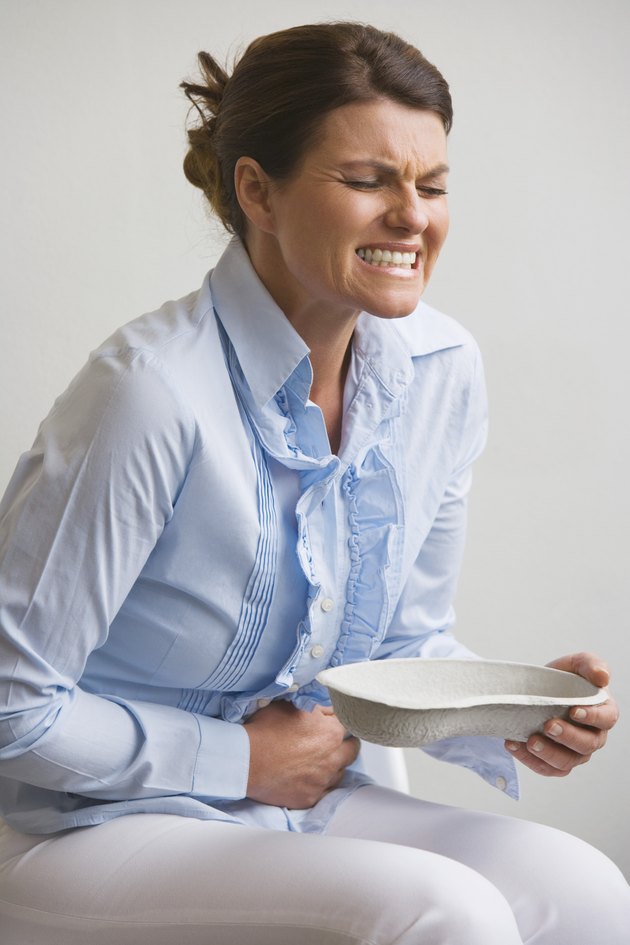
:max_bytes(150000):strip_icc()/pregnancy-symptoms-that-come-and-go-3971499-d25fea8486b04954bfb5a7a9947865a8.png)
white flour, sugar, and other refined carbs, which can cause adrenaline spikes that trigger panicky or anxious feelings.trans fats (partially hydrogenated oils).caffeine, which can disrupt sleep and worsen anxiety symptoms.cheese, cured meats, and other fermented foods that contain the neurotransmitter histamine.If you’ve recently had stomach surgery or take medication to control blood sugar, talk to your doctor right away.Ĭertain foods can provoke anxiety symptoms even if they don’t directly affect your blood sugar. Reactive hypoglycemia can sometimes have an underlying medical cause, so it’s best to see your healthcare provider if dietary changes don’t lead to improvement.

Start your day with protein and complex carbs.Limit alcohol and caffeine, especially before eating.Snack on fruit and healthy fats like nuts, plain yogurt, and avocado.Choose lean proteins, such as eggs, fish, and poultry.Include more whole grains and fiber in your diet.Keeping a food diary for one week can help you notice patterns, like whether symptoms generally occur at specific times of day or after eating certain foods.

You might also notice other physical changes that resemble anxiety symptoms, like:įoods high in sugar and processed carbohydrates often trigger reactive hypoglycemia, but symptoms can also develop when you consume alcohol or caffeine on an empty stomach. This drop in blood sugar, which typically follows an increase in insulin production, can make you feel anxious, irritable, and even a little confused. If you have reactive hypoglycemia, you’ll experience low blood sugar after eating, usually within a few hours.


 0 kommentar(er)
0 kommentar(er)
